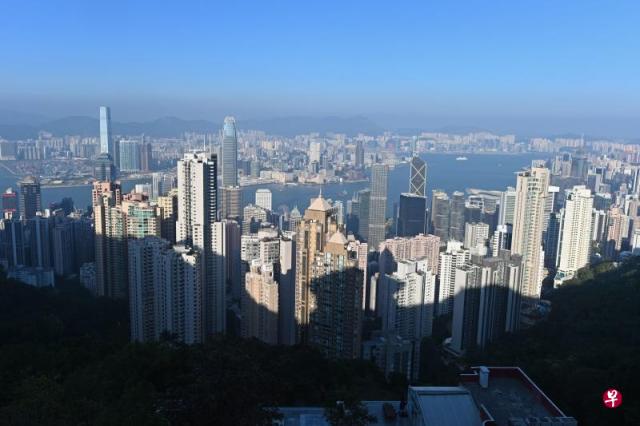
The US media learned from people familiar with the matter that Beijing believes that Hong Kong's increasingly serious gap between the rich and the poor and high housing prices are the cause of social turmoil. Senior officials are discussing methods such as expanding urban taxation and increasing land supply to reduce Hong Kong.Equality and high living costs.Although the specific suggestions have not been put forward, these discussions may mean that Beijing will reform Hong Kong's economic and social welfare system in the future.
According to the Wall Street Journal, in the Hong Kong housing market, people familiar with the matter revealed that one of Beijing's ideas is to speed up the government's procedures for partitions and approval projects of the government.These changes may affect the Hong Kong real estate tycoon, which affects the land policy.People familiar with the matter said: "Local tycoon needs to think from the whole." "Their interests will definitely be damaged to a certain extent, but the government does not want to completely remove them."
Chen Zhisi, a member of the Hong Kong Administrative Council, said that Beijing's "not political problem, but a deep -rooted problem" that Beijing eventually wanted to solve, including the lack of economic affordable housing and extreme differentiation of income gap.Chen Zhisi revealed that Han Zheng and other senior officials of the State Council of the State Council told the Hong Kong -owned officials that the authorities must solve the basic social problems. Beijing believes that this is the reason why this has caused political turmoil in recent years.
The Hong Kong government refuses to comment on whether to discuss policy reform.
Hong Kong's low -tax system has not changed since the period of Britain.In Hong Kong, sales, consumption, capital gains, and inheritance of property do not need to pay taxes.Government data show that about half of Hong Kong's labor force is not paid, and the highest paid tax rate is only 17 %.In terms of differentiation of the rich and poor, the Gini coefficient in Hong Kong rose from 0.518 in 1996 to 0.539 in 2016, ranking the highest in developed areas.The degree of inequality of the Incidential measurement of residents' income, from zero to one, zero represents completely equal.In terms of housing prices, the US research company Demographia's international housing burden research, which has rated Hong Kong as the worst housing market in the world for 11 consecutive years.
Wall Street Journal commented that changing Hong Kong's low tax system will increase government income and allow the government to increase social expenditure.But the challenge is that it does not harm Hong Kong's attractiveness as a financial and commercial center.Land policy reforms need to overcome the stubborn impact of Hong Kong real estate tycoon.
Some opposition politicians are suspicious of this and believe that Beijing may not be able to overcome the policy inertia and internal fighting that has troubled Hong Kong's political and commercial elites over the decades.Emily Lau, former chairman of the Hong Kong Democratic Party, said that the "Patriot" defined by Beijing may also be a vested interest, and they do not know the problem of the poor.Liu Huiqing said that Beijing has long realized that Hong Kong's social inequality has long been, but "they have never worried about solving it. What makes you think they will solve it now?"



